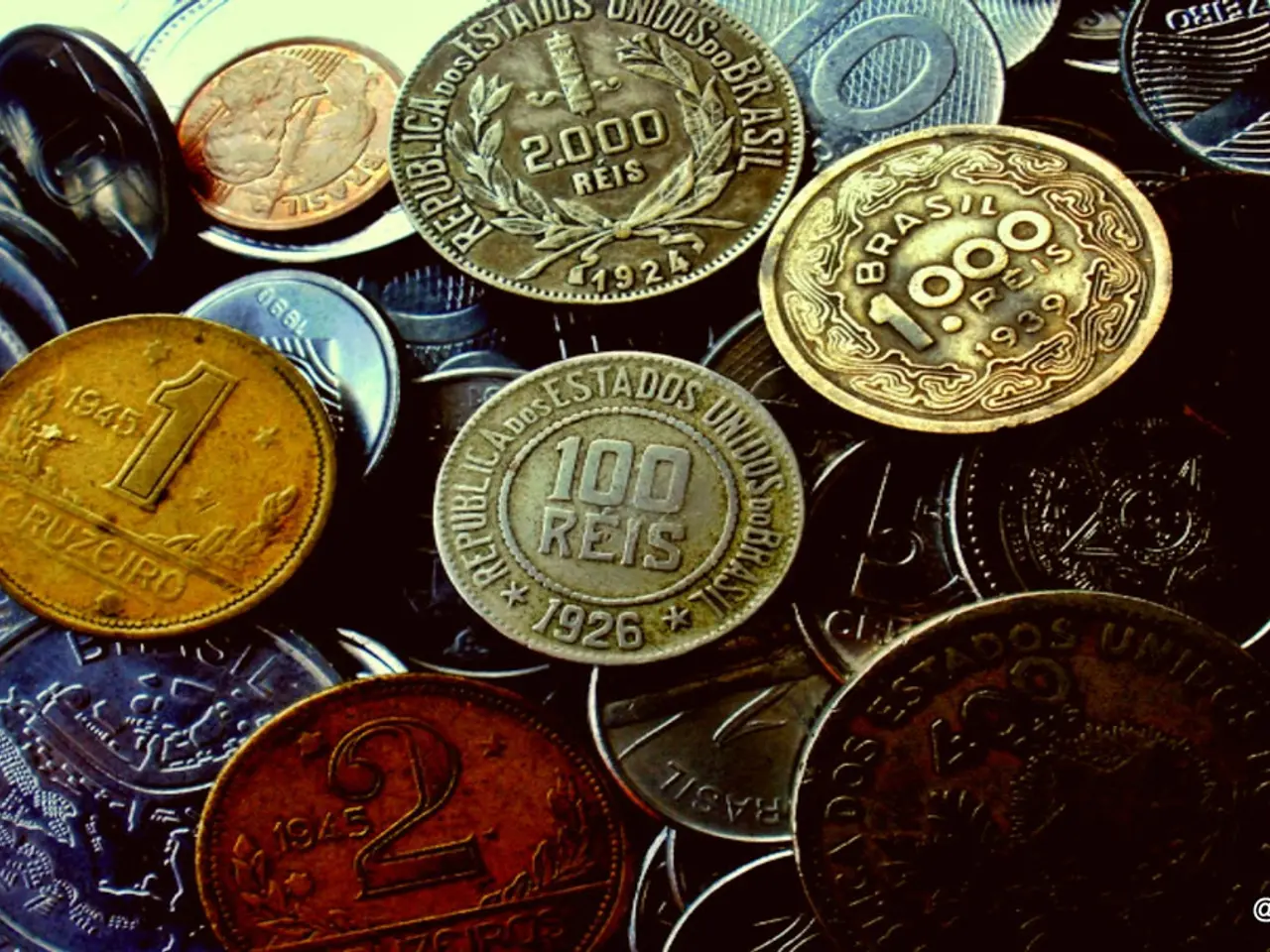Governments are embracing a specific cryptocurrency, diverging from Ethereum and Bitcoin.
In the rapidly evolving world of cryptocurrencies, XRP is making waves as a significant departure from conventional digital currencies. Conceived as early as 2004, predating the emergence of Bitcoin, XRP has been designed as a complement to banks and serves as a bridge between different fiat currencies.
Unlike Bitcoin, which is centralized in the blockchain and has unstable volatility, making it complicated for government reserves, XRP incorporates a methodology called "token burning" to prevent devaluation and burn tokens with each transaction. This unique feature sets XRP apart, making it a more stable and reliable option for institutional use.
XRP's competition with Ethereum and Bitcoin is taking place in a unique context: a blend of politics and economy. In the political and governmental sphere, XRP poses a strong competition to Bitcoin, particularly due to its consensus-based system, which makes it more suitable for political negotiation.
The course to learn about XRP and other important cryptocurrencies is available for free on the Academy website, consisting of 13 lessons. XRP allows up to 1,500 transactions to be made instantly, making it an attractive choice for fast-paced, high-volume transactions.
XRP does not use mining technology and relies on a consensus among users, further enhancing its stability and reliability. The security of XRP is based on the participation of all its users, not a closed system. This decentralized approach adds another layer of trust and regulatory clarity for institutional use.
XRP was created by a company called Ripple, located in San Francisco Valley, California, USA. Despite the presence of Bitcoin (BTC) as the other cryptocurrency preferred in government and institutional use circles due to its pioneering status and widespread acceptance, XRP has established itself in this scenario primarily because it enables faster and cheaper cross-border transactions.
Moreover, XRP has successfully won a legal dispute clarifying that it is not a security under U.S. law, increasing trust and regulatory clarity for institutional use. This legal framework for its operation, unlike many other cryptocurrencies, adds another advantage for XRP in the competitive cryptocurrency market.
Interestingly, XRP has been used in U.S. institutions for years, although quietly without fanfare. President Trump has expressed support for the use of cryptocurrencies and has proposed a cryptocurrency reserve for the U.S. government, but Bitcoin is not the preferred choice in this reserve. Instead, XRP has been chosen as the cryptocurrency displacing Bitcoin and Ethereum in government, institutional, and banking matters.
In conclusion, XRP, with its unique features, stable nature, and regulatory clarity, is making a strong case for itself in the competitive world of cryptocurrencies. Whether it will dethrone Bitcoin remains to be seen, but one thing is certain: XRP is a force to be reckoned with in the cryptocurrency market.







